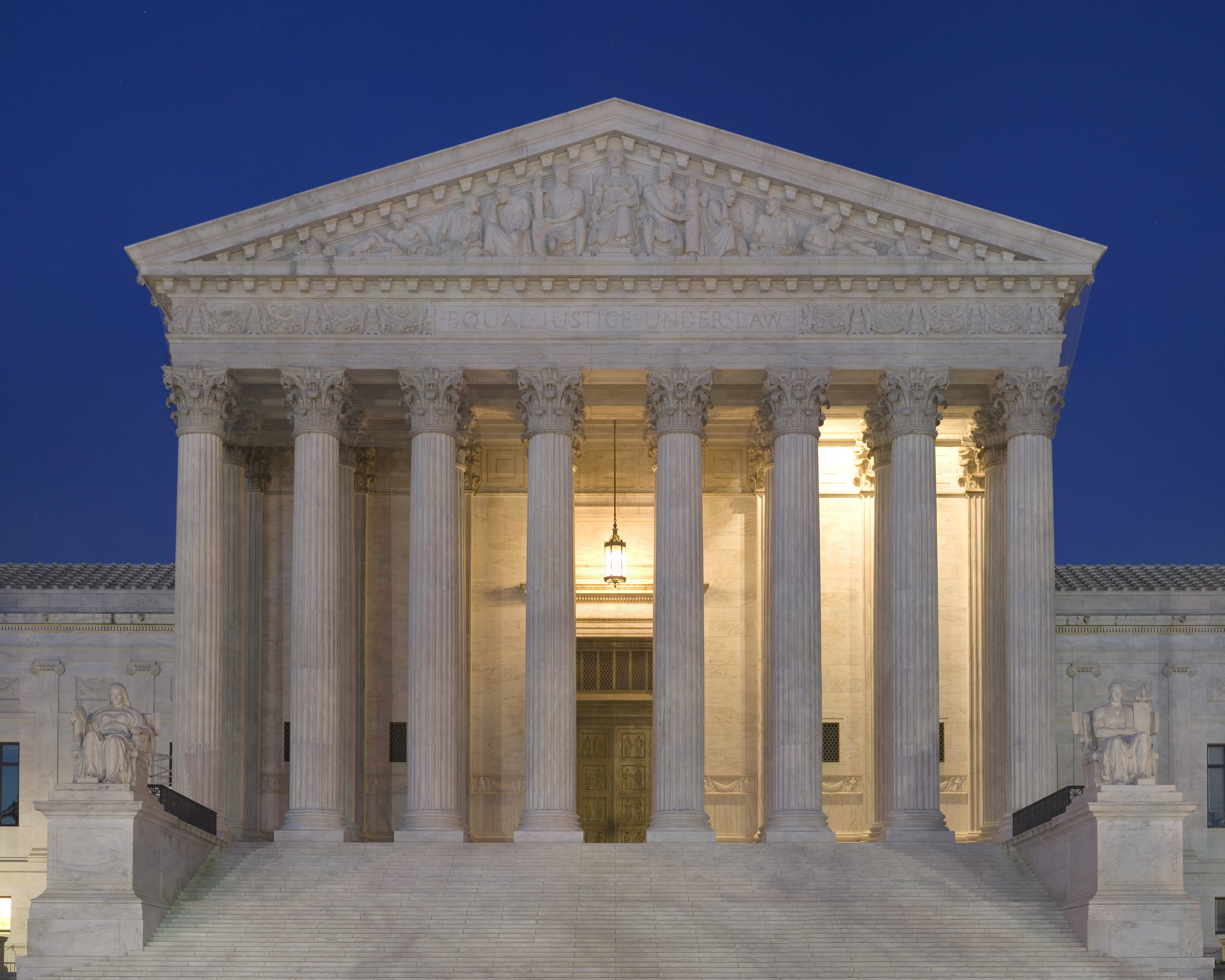By Suzanne Riopel
On October 5, 2016, the Supreme Court heard oral arguments for Salman v. U.S. to resolve a circuit split on insider trading requirements.[1] The Supreme Court held in SEC v. Dirks that tippee liability requires that the tipper receive a personal benefit, but the Second and Ninth Circuits have adopted different meanings of personal benefit.[2] The issue is whether the type of personal benefit required to establish tippee liability in insider trading is limited to pecuniary benefits, or whether it extends to familial relationships.[3]
Under federal securities law, there are two theories of insider trading liability: (1) the “traditional” or “classical theory,” which involves an insider who personally trades in his corporation’s securities based on material, non-public information, and (2) the “misappropriation theory,” which involves a relationship between a tipper and tippee.[4] A tipper is a person who tips material, non-public information in breach of his fiduciary duty to a tippee who either trades on that information or tips another person.[5] Tippee liability is derivative of tipper liability, which means that the tippee must know that the tipper breached his fiduciary duty in exchange for a personal benefit.[6]
Salman v. U.S. arose from a tipper and tippee within the same family: Maher Kara was a member of Citigroup’s healthcare investment banking group, and he repeatedly spoke about his clients’ mergers and acquisitions to his brother, Michael.[7] When Michael became engaged to Suzie Salman, he began sharing Maher’s knowledge about Citigroup’s mergers and acquisitions with his future brother-in-law, Bassam Salman.[8] By relying on inside information, Michael and Salman made personal trades in securities issued by Citigroup’s clients from 2004-2007.[9] These trades resulted in Salman earning $2.1 million.[10]
In U.S. v. Newman, the Second Circuit defined the tipper’s personal benefit as a pecuniary gain, reputational benefit translatable into future earnings, or personal relationship with “a potential gain of a pecuniary or similarly valuable nature.”[11] The Ninth Circuit in U.S. v. Salman broadly followed the Dirks test – whether the tipper will personally benefit, directly or indirectly, from his disclosure – and rejected the Second Circuit’s definition.[12] The Ninth Circuit found that Salman knew Maher Kara was the source of the inside information, and he could have inferred that Maher intended to benefit Michael because they were close brothers.[13]
Alexandra Shapiro, counsel for Salman, requested that the court adopt a narrower version of Newman that would limit the misappropriation theory of insider trading to when a tipper trades tips another person in exchange for a tangible pecuniary or financial benefit.[14] Conversely, Michael Dreeben, the Deputy Solicitor General of the Department of Justice, argued that a personal benefit is implied when a tipper tips a person who has a close personal relationship with him.[15] He explained that the personal benefit the tipper receives is the ability to give someone else’s property.[16] “If you give a gift of information to somebody for trading, it is the equivalent to the insider using the information to trade himself, and then, making a gift of profits to a recipient.”[17]
The Supreme Court is expected to issue its decision before July 2017.[18] If the court decides in favor of Salman, the test would limit the number of misappropriation theory insider trading cases brought by the Securities Exchange Commission under Section 10(b) and Rule 10b-5.[19] The test would also threaten market integrity and investor confidence because certain tippees would be allowed trade on material, non-public information without prosecution.[20] If the court decides in favor of the government, tippee liability would extend to family and close friends, but the decision might create uncertainty about who else may be liable.[21] The decision will impact the business law community because of the foregoing reasons and the potential for the court to redefine insider trading requirements.
[1] U.S. v. Salman, 792 F.3d 1087 (9th Cir. 2015), cert. granted, 84 U.S.L.W. 3401 (U.S. Jan. 16, 2016) (No. 15-628).
[2] Dirks v. SEC, 463 U.S. 646, 662 (1983) (“[T]he test is whether the insider personally will benefit, directly or indirectly, from his disclosure.”); compare U.S. v. Newman, 773 F.3d 438, 452 (2d Cir. 2014) with U.S. v. Salman, 792 F.3d 1087, 1092 (9th Cir. 2015).
[3] Salman, 792 F.3d 1087, cert. granted, 84 U.S.L.W. 3401 (U.S. Jan. 16, 2016) (No. 15-628).
[4] See U.S. v. O’Hagan, 521 U.S. 642, 651-52 (1997).
[5] See generally Dirks, 463 U.S. at 647 (distinguishing from an insider and a tippee).
[6] See id at 660, 662 (explaining that a tippee must not trade on inside information when he or she knows or should know that the tipper breached his fiduciary duty and received some personal gain).
[7] U.S. v. Salman, 792 F.3d 1087, 1088-89 (9th Cir. 2015).
[8] Id. at 1089.
[9] Id.
[10] Id.
[11] U.S. v. Newman, 773 F.3d 438, 452 (2d. Cir. 2014).
[12] U.S. v. Salman, 792 F.3d 1087, 1092 (9th Cir. 2015), cert. granted, 84 U.S.L.W. 3401 (U.S. Jan. 16, 2016) (No. 15-628).
[13] Id. at 1094.
[14] Transcript of Oral Argument at 3, 20, Salman v. U.S., 136 S. Ct. 899 (2016) (No. 15-628).
[15] See id. at 24.
[16] Id. at 28.
[17] Id. at 31.
[18] Aruna Viswanatha, Supreme Court Appears Skeptical of Radically Altering Insider-Trading Rules, Wall St. J. (Oct. 5, 2016), https://www.wsj.com/articles/supreme-court-appears-skeptical-of-radically-altering-insider-trading-rules-1475686244.
[19] See generally Transcript of Oral Argument at 21, Salman v. U.S., 136 S. Ct. 899 (2016) (No. 15-628).
[20] Id.
[21] Amy Howe, Argument Analysis: The “Friends and Family” Solution for Insider Trading, ScotusBlog (Oct. 5, 2016, 5:03 PM), https://www.scotusblog.com/2016/10/argument-analysis-the-friends-and-family-solution-for-insider-trading.



